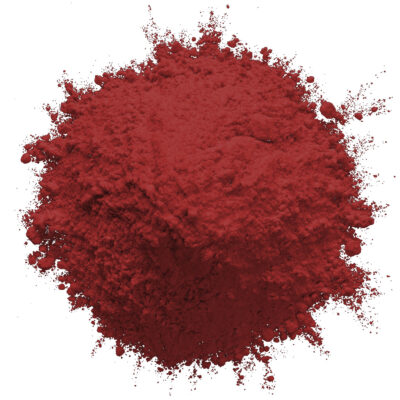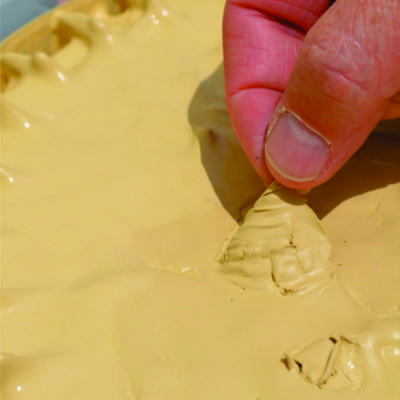Hydrogenated hydrocarbon resin is a water white resin derived from petrochemical C5 cyclic feedstocks. Hydrogenated hydrocarbon white resin is a type of synthetic resin commonly used in the paint and ink industry. It is known for its unique properties that help improve the quality, performance, and appearance of various coatings and inks. This resin is created by hydrogenating (adding hydrogen to) hydrocarbon resins, which results in a clear, light-coloured product with enhanced stability and performance. The “white” in the name refers to its light, transparent appearance, making it suitable for applications where colour clarity and brightness are important.
One of the main advantages of hydrogenated hydrocarbon white resin is its ability to improve the adhesion of paints and inks to surfaces. Good adhesion is crucial in ensuring that the paint or ink stays firmly on the surface without peeling, chipping, or fading. This resin forms a strong bond between the coating and the substrate, whether it’s wood, metal, plastic, or paper. In the paint industry, this is especially useful for both decorative and protective coatings, ensuring that the paint lasts longer and maintains its appearance over time.
In addition to improving adhesion, hydrogenated hydrocarbon white resin also enhances the gloss and sheen of paints and inks. Gloss refers to the shiny, reflective finish of a surface, while sheen describes the smoothness and brightness of the coating. This resin helps to create a smooth surface after the paint or ink dries, allowing light to reflect more evenly, resulting in a brighter, more attractive finish. This is particularly important in high-gloss paints used for furniture, interior walls, and automotive coatings, where a polished, glossy look is desired.
Another key benefit of using hydrogenated hydrocarbon white resin in paints is its ability to improve durability. Paints and coatings need to withstand environmental factors like sunlight, moisture, and temperature changes, especially in outdoor applications. Hydrogenated resins are known for their UV stability, meaning they resist the damaging effects of sunlight, which can cause coatings to fade or degrade over time. This makes them ideal for use in exterior paints and coatings that need to endure harsh weather conditions while maintaining their protective and decorative qualities.
Hydrogenated hydrocarbon white resin also has excellent compatibility with other ingredients used in paints and inks. It mixes well with pigments, solvents, and other resins, making it easy to incorporate into different formulations without affecting the overall performance of the product. This versatility allows manufacturers to create a wide range of paints and coatings with varying properties, such as fast-drying, high-gloss, or weather-resistant finishes. In the ink industry, this resin helps improve the print quality by providing a smooth, even layer of ink that dries quickly and resists smudging.
One of the reasons hydrogenated hydrocarbon white resin is popular in both the paint and ink industries is its light colour and transparency. Unlike some other resins that can be yellow or dark in colour, hydrogenated resins are clear or pale, which means they do not affect the colour of the final product. This is especially important in bright or light-coloured paints and inks, where maintaining the purity of the colour is essential. For instance, in white paints or inks used for printing, the resin ensures that the coating remains clear and bright without introducing any unwanted tint.
In addition to its role in improving appearance and performance, hydrogenated hydrocarbon white resin also helps reduce costs. It is often used as a binder in paint formulations, meaning it holds the other components of the paint together and ensures that they form a uniform film when applied. Because it is effective at forming a durable, smooth coating, manufacturers can sometimes reduce the amount of more expensive ingredients, like titanium dioxide (TiO2), without compromising on quality. This makes the production process more cost-effective while still delivering a high-quality product.
In summary, hydrogenated hydrocarbon white resin plays an essential role in the paint and ink industries by enhancing the adhesion, gloss, durability, and overall performance of coatings and inks. Its light colour and compatibility with other ingredients make it a versatile and valuable component in a wide range of products, from decorative paints to high-quality printing inks. Its ability to improve the final appearance while offering cost-saving benefits makes it a preferred choice for manufacturers looking to create premium, long-lasting products.







Leave a Reply